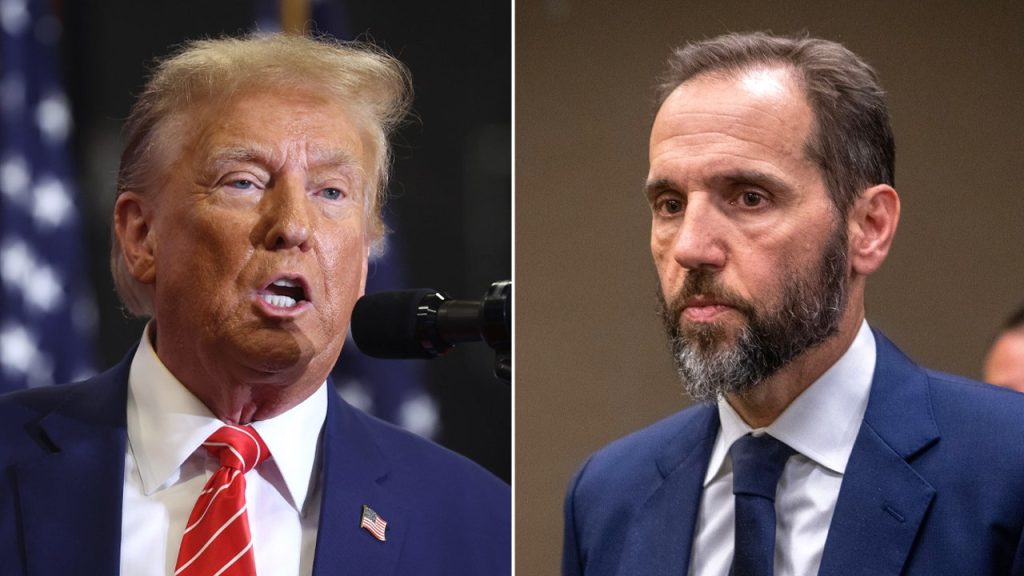The U.S. Supreme Court is set to hear oral arguments in the appeal of Joseph Fischer, one of over 300 people charged by the Justice Department with “obstruction of an official proceeding” during the Jan. 6, 2021 Capitol riot. This charge also applies to former President Trump, who faces four counts in connection to the riot. A federal judge previously dismissed the obstruction charge against three other defendants, ruling that the law did not cover their conduct on the Capitol grounds. Fischer’s case was the one accepted by the Supreme Court for final review.
The relevant statute in question, 18 U.S. Code Section 1512(c)(2), part of the Sarbanes-Oxley Act, states that whoever obstructs an official proceeding can face up to 20 years in prison. The Justice Department challenged the dismissal of the obstruction charge in the Fischer case, arguing that the law should be interpreted broadly to cover all obstructive conduct. Fischer’s legal team argues that hindering an official proceeding is too ambiguous when applied to his actions on the Capitol grounds.
Both the government and Fischer offer contrasting accounts of his actions on Jan. 6, 2021. Fischer’s lawyers claim he was not part of the mob that disrupted the electoral certification process and only entered the Capitol building briefly. On the other hand, the government points to video evidence of Fischer yelling “Charge!” before entering the building and text messages he sent prior to the riot. Fischer has pleaded not guilty to several charges, including disorderly conduct and assault.
The Supreme Court’s decision in the Fischer case could have implications for Trump’s separate prosecution for alleged election interference. If Fischer prevails, Trump could potentially seek to have his own obstruction charge dismissed, leading to further legal appeals and potential Supreme Court review. The Supreme Court will also consider whether Trump enjoys absolute immunity from prosecution for conduct related to the 2020 election results, further complicating the legal proceedings surrounding the Capitol riot and its aftermath.
Legal scholars believe the Supreme Court may carefully consider the scope of obstruction statutes and whether Congress intended for them to apply broadly to a range of conduct. The outcome of the Fischer case and its implications for Trump’s prosecution remain uncertain, but the decision could have significant legal and political consequences for both the former and potentially future president. A ruling in the Fischer case is expected by early summer, with the potential to shape ongoing legal battles stemming from the Jan. 6 Capitol riot.













